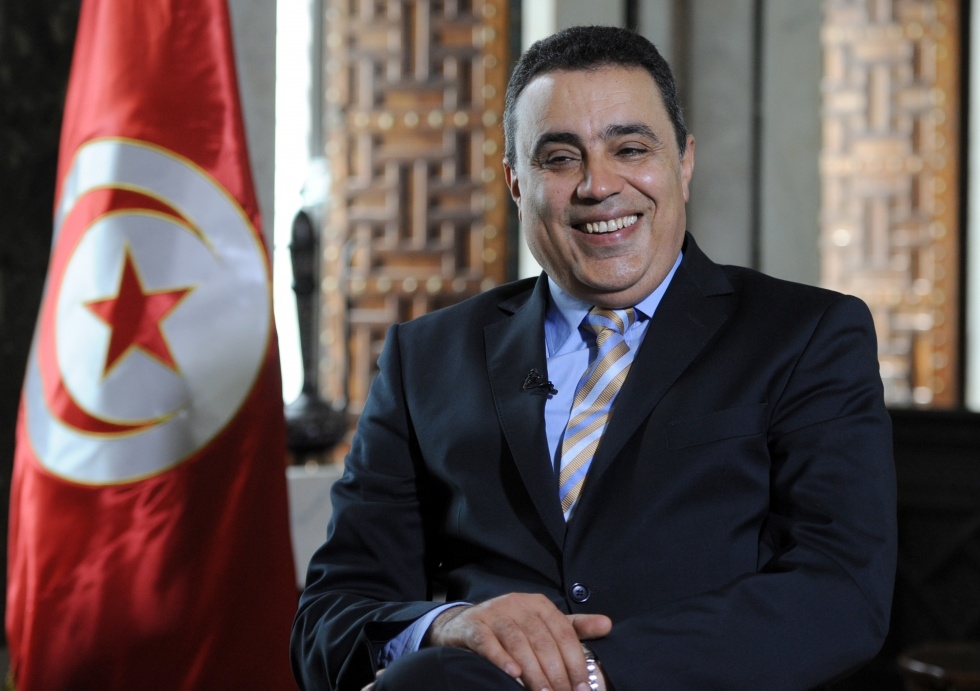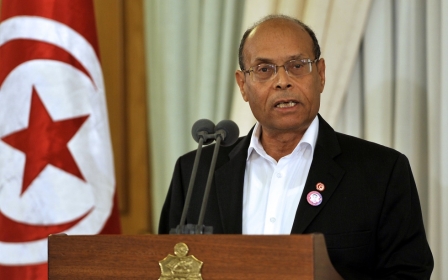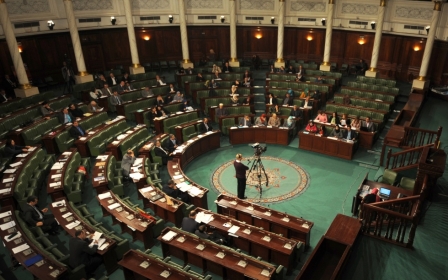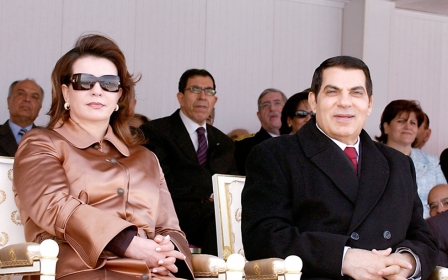Tunisia PM upbeat despite a raft of challenges

By Antoine Lambroschini
TUNIS - Prime Minister Mehdi Jomaa said in an interview with AFP Friday that, despite progress, Tunisia still has to eradicate the jihadist threat, reform the economy and hold elections.
Jomaa said ahead of a two-day visit to France beginning Monday that he wished to project a new image of the country that sparked the Arab Spring.
He sees "a new Tunisia, a peaceful Tunisia... a nascent democracy that needs all the support and solidarity our partners can provide."
Jomaa heads an independent government that took office early this year to lead Tunisia out of a festering political crisis fuelled by jihadist violence, a stagnant economy and mistrust between the Islamist Ennahda party -- the majority in the assembly -- and its opponents.
"We have shown a determination to combat terrorism and eradicate it in Tunisia," Jomaa said.
"Previously, groups managed to infiltrate some urban areas, but now we are taking the fight to them in their strongholds," he said.
A major military operation is under way in the Mount Chaambi area along the Algerian border, where groups allegedly linked to Al-Qaeda have been entrenched since late 2012.
"The threat there is no longer what it was a few months ago, and what is happening in Chaambi now is reassuring," he said.
His administration's main task is to organise elections to provide Tunisia with the sustainable institutions it has been deprived since the January 2011 revolution that overthrew dictator Zine El Abidine Ben Ali.
Jomaa said he was determined to proceed with the elections this year but that they could still be delayed by organisational problems.
"We must believe it because it was a commitment that is very clear today -- to help organise and create a climate conducive to holding elections before the end of the year," Jomaa said.
"However, the schedule is very tight because of a delay on the law governing the organisation of elections."
The National Constituent Assembly is still debating the new electoral law, article by article, and the head of the election commission said in late March that his service did not even have offices.
Jomaa said "there is always a risk of having to postpone the elections, and the longer the delay the greater the risk. It's a question of managing the planning."
He ruled himself out as a candidate when the legislative and presidential elections do take place.
On the economy, Jomaa admitted the need for unpopular reforms in a country where government jobs account for a third of the state budget.
He wants to reform the tax system and food and energy subsidies, costly reforms demanded by international lenders.
"We have reached spending levels that the state can no longer support," Jomaa said.
"It is important in these hard times that everyone assumes his duties."
Middle East Eye propose une couverture et une analyse indépendantes et incomparables du Moyen-Orient, de l’Afrique du Nord et d’autres régions du monde. Pour en savoir plus sur la reprise de ce contenu et les frais qui s’appliquent, veuillez remplir ce formulaire [en anglais]. Pour en savoir plus sur MEE, cliquez ici [en anglais].




